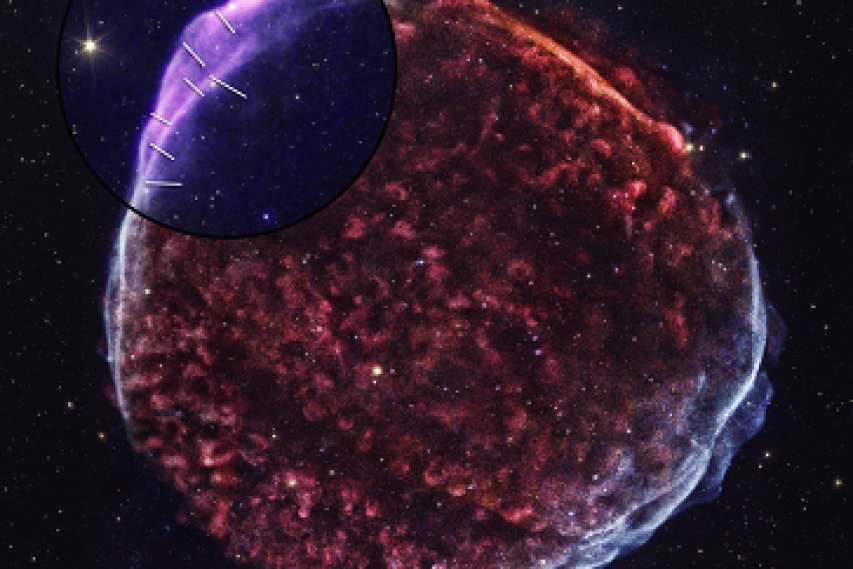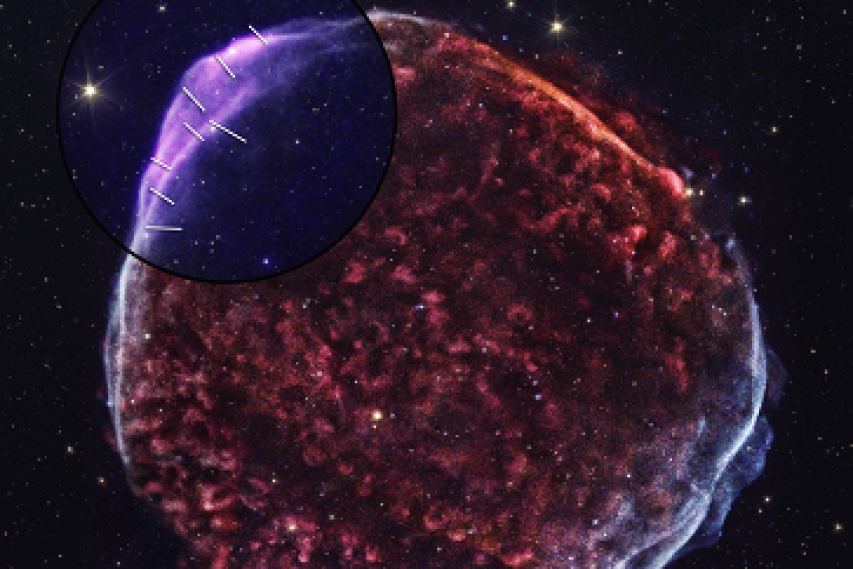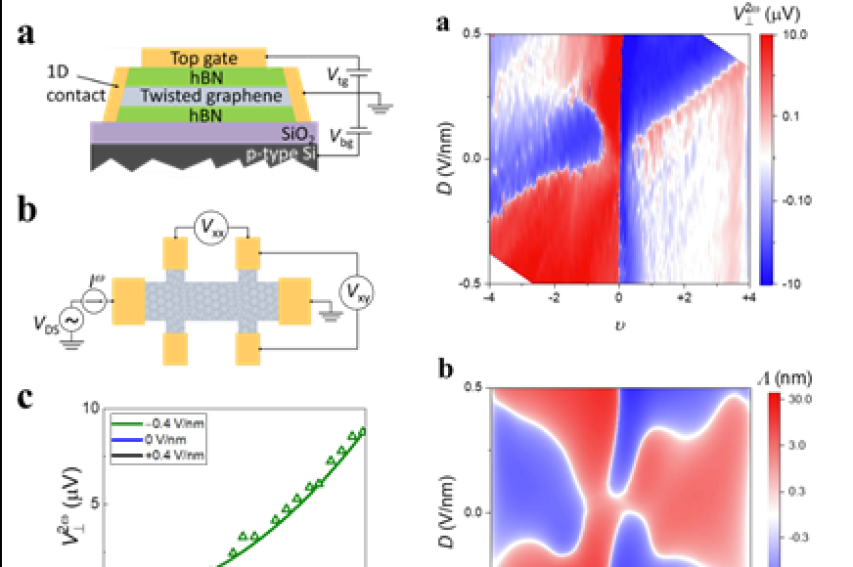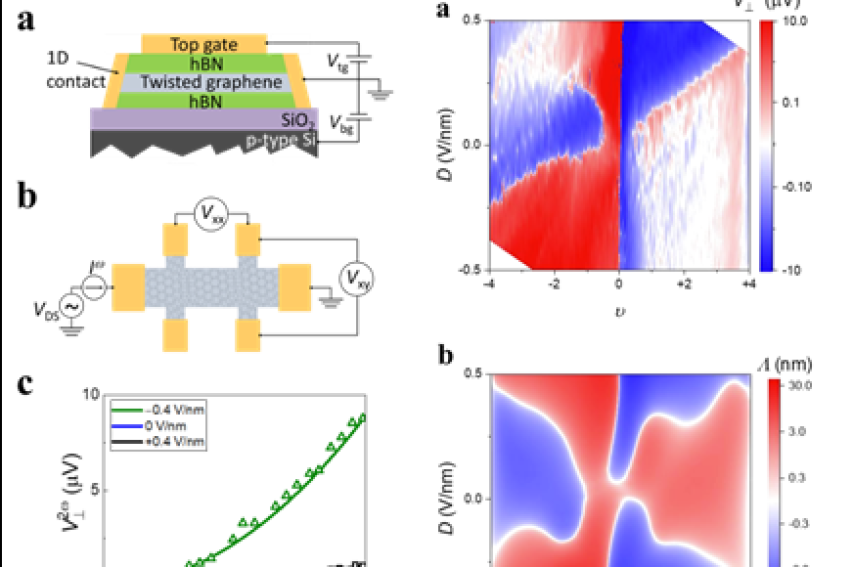Unravelling the Mysteries of Space
with Supercomputer Modelling
This feature story is part of the ongoing series that highlights the outstanding achievements of the winners of the HKU Excellence Awards 2022.
Dr Zhang Binzheng is a recipient of the Outstanding Young Researcher Award. His interview can be viewed from 06:05 to 07:26
Since the dawn of human civilization, the mysteries of the cosmos have captivated our imaginations and driven us to explore the unknown. From ancient astronomers charting the movements of the stars to modern scientists probing the depths of the universe, the quest to unravel the secrets of the cosmos has been a driving force of human progress. Today, a new generation of researchers is pushing the boundaries of scientific knowledge to new frontiers, utilizing cutting-edge technologies to study the behaviour of planetary and space environment systems.
Dr Zhang Binzheng, an Assistant Professor in the Department of Physics at the University of Hong Kong (HKU), is making new discoveries by supercomputer modelling of terrestrial and planetary space environment systems, with applications in space weather forecasting and numeric platforms for mission design. He has developed a general-purpose, high-performance computing-based software for simulating planetary space environments including Venus, Earth, Mars, Jupiter, and Saturn.
“Basically, we ‘create’ a virtual space environment in powerful supercomputers for scientists and engineers to perform research and development. Hence, my most significant research accomplishment would be the development of a high-performance computing-based, multi-physics, general-purposed code called ‘GAMERA’ for the community to study planetary space environment research,” said Dr Zhang.
Supercomputer modelling is a powerful tool that allows scientists to simulate and study complex systems in unprecedented detail. The global-scale numerical models developed by Dr Zhang are not only useful in studying the interaction between the planet and the solar wind, but also applicable to future mission planning, such as orbital design. For instance, the Jupiter model has successfully solved a decades-long mystery about Jupiter’s magnetic field structures combined with Juno mission data.
“When I first developed the supercomputing model for Jupiter’s global magnetic field, I thought something went completely wrong as it looked nothing like how it is seen on Earth. Before I was about to delete the model, my collaborators, who are observational experts, stopped me and said that it perfectly fit their observations,” Dr Zhang recalled.
I work on different planets from time to time and focus on studying space and providing a virtual environment that can be potentially useful in future space mission design before sending actual spacecraft there.Dr Zhang
Dr Zhang has also been collaborating with scientists and engineers from the Chinese Academy of Sciences and the China National Space Administration on the Tianwen-4 mission planning, which will be launched to visit Jupiter and Uranus in 2030.
As a scientist, engineer, and teacher, Dr Zhang believes that the purpose of higher education is to prepare the most capable and dedicated talent for the most responsible positions and difficult service. Planetary research is a particularly challenging and exciting field, and now he’s looking forward to moving the field forward with knowledge and enthusiasm.
“Studying space physics and doing research in planetary science is like a dream come true. I’ve been super attracted to planetary and space exploration since I was a child. After all these years, this adventure is still full of surprises,” said Dr Zhang. “There are still a lot of unknowns, and a whole new universe awaits discovery out there. I will keep doing what I enjoy and enjoying what I do.”







